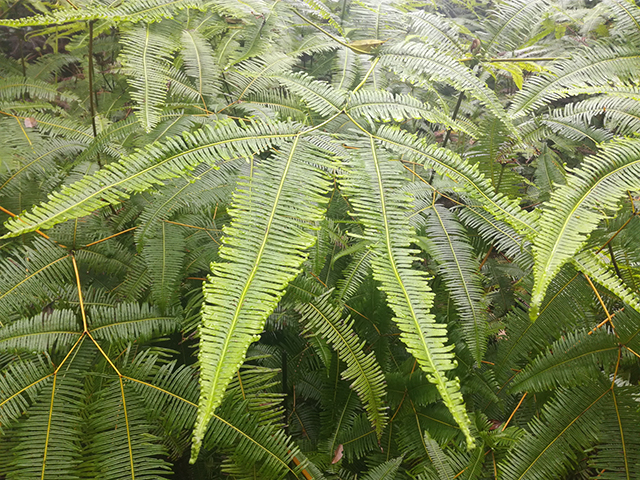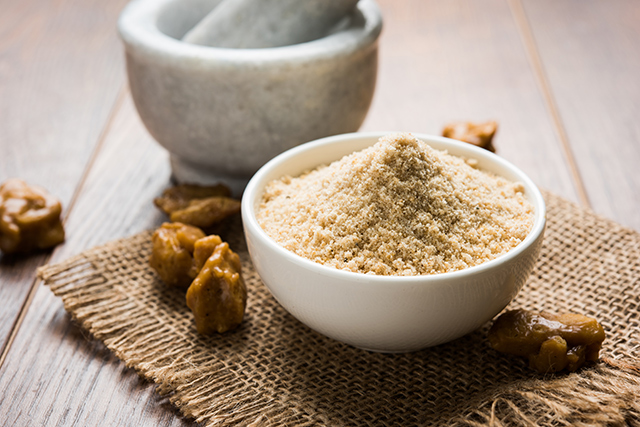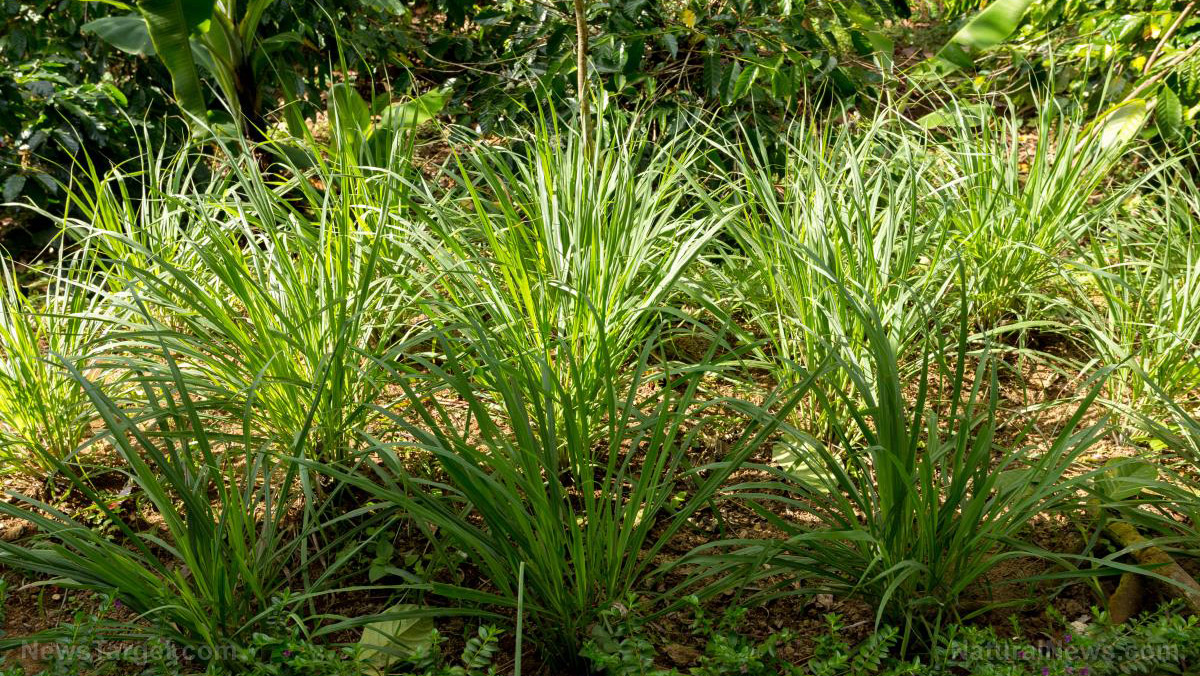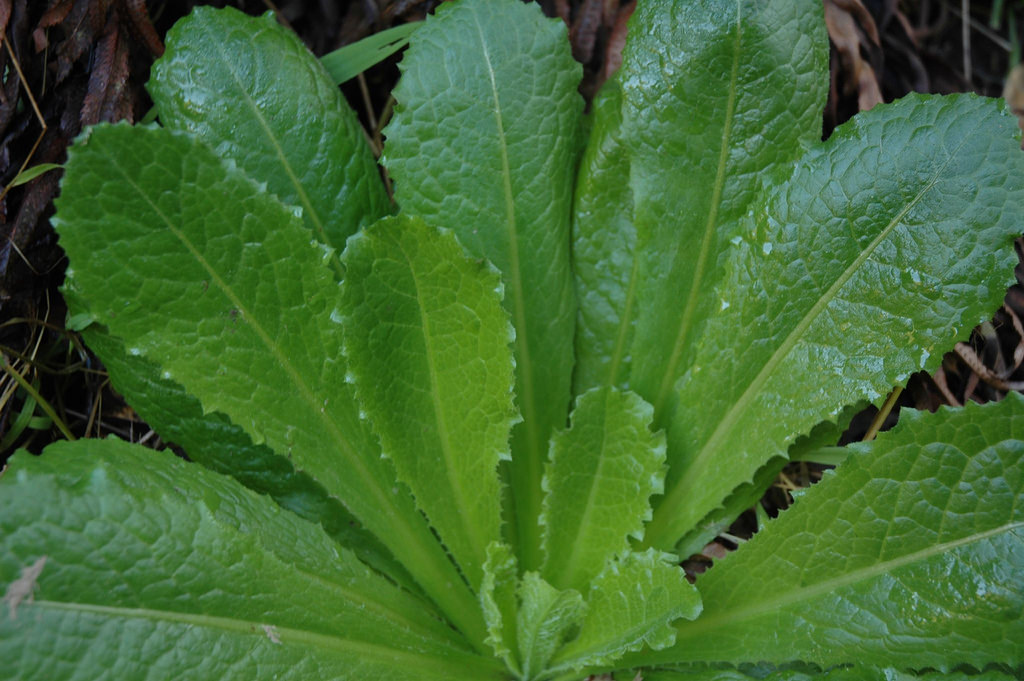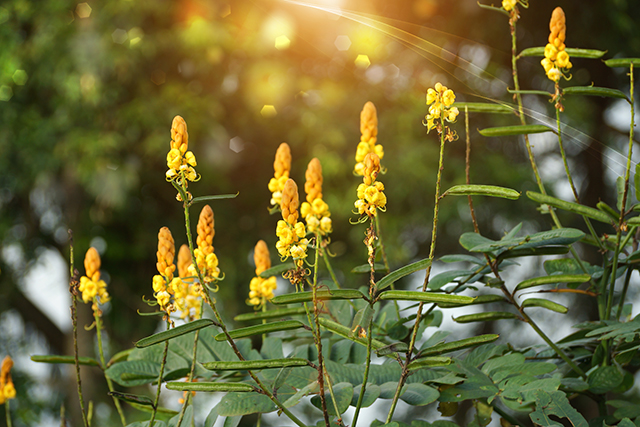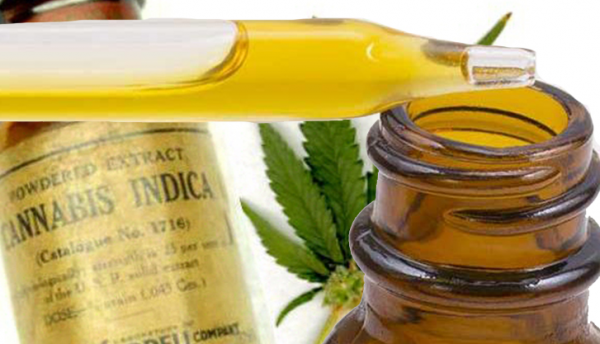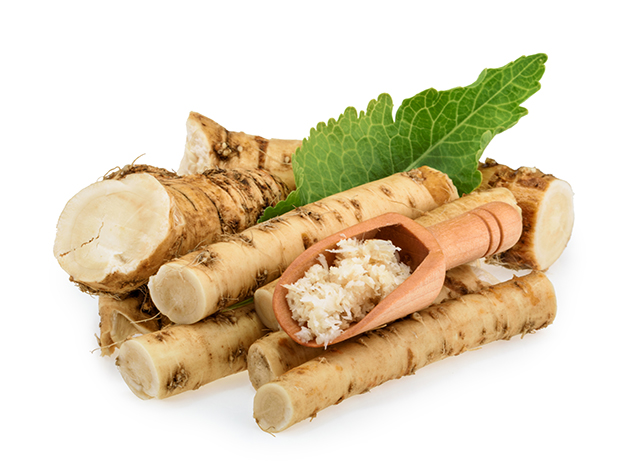DOCUMENTED: Cannabis extract successfully treats 14-year old girl with an “incurable” form of cancer
07/17/2018 / By Vicki Batts

Cannabis has gained fame recently for its ability to treat seizure disorders in children with otherwise “untreatable” conditions. But despite the pharmaceutical industry’s attempts at keeping the benefits of this plant medicine hidden from the general public, a growing number of people are turning to cannabis for cancer treatment, too.
In Case Reports In Oncology, the case study of a young teenage girl with an aggressive form acute lymphoblastic leukemia (ALL) with a Philadelphia chromosome mutation details how cannabis extract came to be the cure of choice. In a nation where plant medicines are maligned as pseudoscientific “woo” and Big Pharma’s toxic medicines continue to reign supreme, the fact that doctors even bothered to document such a reality is an astounding feat.
Teen with “incurable” cancer: A cannabis success story
In the case study, the researchers explain that ALL is usually easily treated with conventional cancer treatments — but that determining the severity and aggressiveness of the cancer is ultimately dependent on chromosomal testing, to see what cells are involved and if the cancer is myeloblastic.
In this case, it was determined that the 14-year-old had ALL with a Philadelphia chromosome mutation. After 34 months of treatment with standard measures, including bone marrow transplants, aggressive chemotherapy and radiation therapy, treatment of her cancer was considered a “failure.” The patient’s oncologist and hematologist said her cancer was “incurable” and that she “suffers from terminal malignant disease.”
Palliative care (also known as hospice care) was the only option left — or so the doctors thought.
With no other alternative forms of conventional treatment to turn to, the family began giving their daughter cannabinoid extracts orally. As the case report states, “Cannabinoid resin extract is used as an effective treatment for ALL with a positive Philadelphia chromosome mutation and indications of dose-dependent disease control. The clinical observation in this study revealed a rapid dose-dependent correlation.”
The researchers noted further that “spontaneous remission” wasn’t a feasible explanation due to the overt dose-dependence that was observed. “These results cannot be explained by any other therapies, as the child was under palliative care and was solely on cannabinoid treatment when the response was documented by the SickKids Hospital,” the team wrote.
After 78 days on cannabis therapy, it became clear that cannabis extracts were stopping the cancer. But unfortunately, as Green Med Info reports the child passed away “as a consequence of bleeding associated with bowel perforation, and ultimately the lasting adverse effects of the original 34 months of aggressive treatment she had underwent previous to cannabis.”
“It’s likely that if this young patient had been treated with cannabis instead of toxic chemotherapy and radiation, she would still be alive and well today,” added Mike Adams, the Health Ranger, publisher of Science.news. “When patients are ravaged by the biologically destructive effects of standard cancer treatments, their organs are very often destroyed beyond the point of repair,” Adams warns.
Cannabis cures where chemo fails
Many patients are turning to cannabis for relief when conventional treatments like chemotherapy fail. Earlier this year, a 52-year-old woman from the United Kingdom came forward to speak out about how cannabis oil cured her “terminal” stomach and bowel cancer. Doctors had given Joy Smith just six weeks to live when her cancer was first diagnosed.
Many of her tumors were considered inoperable, so doctors suggested she have a PICC line placed for chemotherapy, claiming it would extend her life. But it just made things worse: Smith developed sepsis and the line had to be removed.
After chemo failed, Smith turned to cannabis oil at the behest of concerned friends. Two years later, she is in complete remission and the last little remnants of her cancer are almost completely gone.
“I was a bit skeptical about the oil at first as I’d never taken drugs or anything like that – but I know I would not be here today without it. I want to tell everybody,” Smith told reporters.
“Cannabis oil should be legalised for medical purposes – people are dying and the chemotherapy isn’t curing them,” the cancer survivor added.
See more coverage of stories like this at Cancer.news.
Sources for this article include:
Tagged Under: alternative medicine, cancer, cannabis, cannabis extract, cannabis oil, CBD, hemp, Herbs, leukemia, medical marijuana, natural cures, natural medicine

